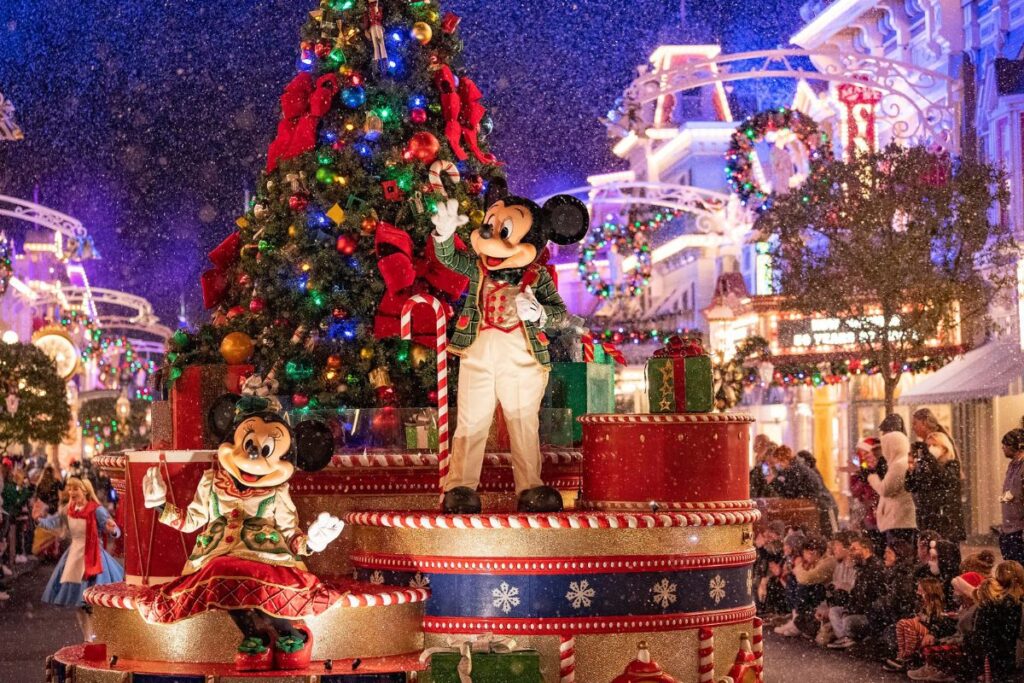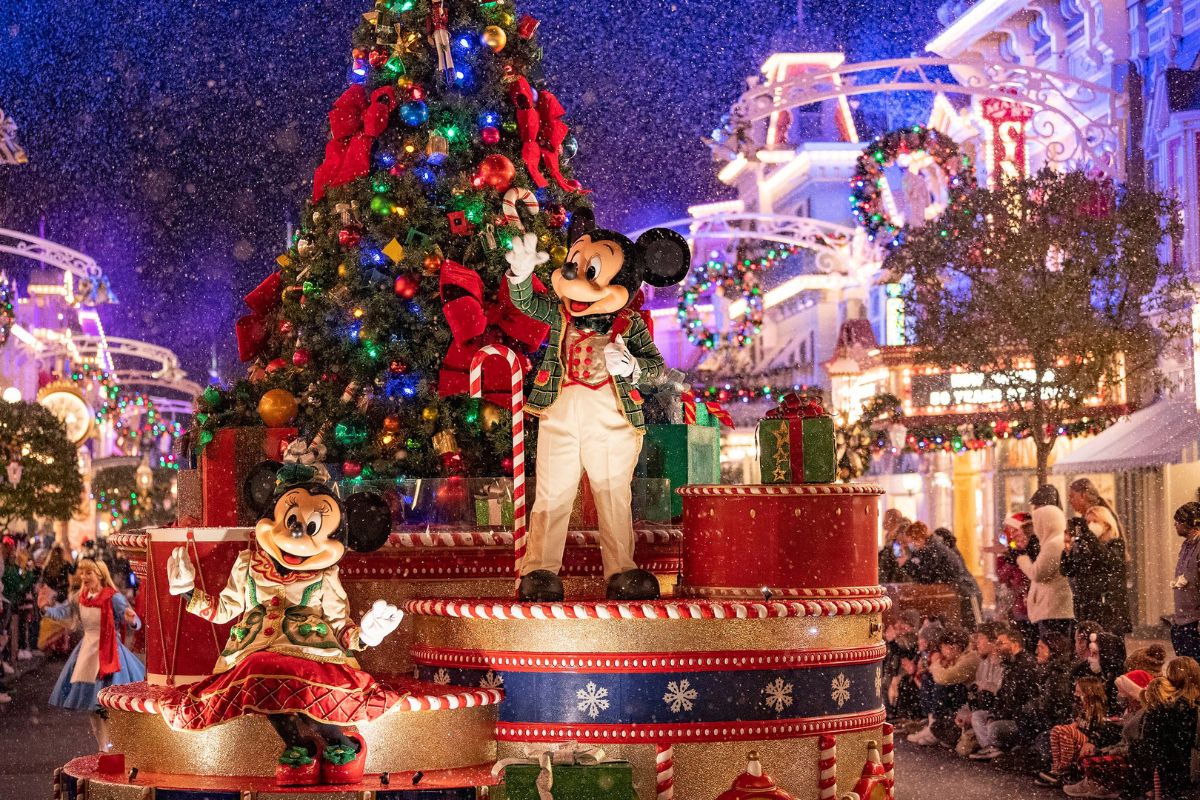
Christmas: What Is It, and Why Do We Celebrate It?
Christmas. The word conjures up images of twinkling lights, decorated trees, the scent of pine, and the warmth of family gatherings. But beyond the commercial aspects and festive cheer, Christmas holds a deeper significance rooted in history, tradition, and faith. So, what exactly is Christmas, and why do we celebrate it with such enthusiasm?
At its core, Christmas is a Christian holiday commemorating the birth of Jesus Christ. The name itself is derived from the Old English “Cristes mæsse,” meaning “Christ’s Mass.” While the exact date of Jesus’s birth is unknown, the Western Christian Church established December 25th as the day to celebrate his nativity in the 4th century. This date was strategically chosen to coincide with existing pagan festivals celebrating the winter solstice, a time of year symbolizing the triumph of light over darkness. This allowed for a smoother transition and assimilation of Christian beliefs into the existing cultural landscape.
The Religious Significance of Christmas
For Christians, Christmas is a deeply spiritual occasion. It marks the incarnation, the belief that God took on human form in the person of Jesus. The story of Jesus’s birth, as recounted in the Gospels of Matthew and Luke, is central to the Christmas narrative. It tells of Mary, a virgin, who conceived Jesus through the Holy Spirit. Joseph, her betrothed, initially struggled to accept this news but was reassured by an angel. Jesus was born in Bethlehem, a small town in Judea, and his arrival was heralded by angels and wise men who followed a star to find him. This narrative underscores the Christian belief in Jesus as the Messiah, the savior prophesied in the Old Testament.
The religious observance of Christmas typically involves attending church services, singing carols, and reflecting on the meaning of Jesus’s birth. Many churches hold special services on Christmas Eve and Christmas Day, often featuring readings from the Bible, prayers, and hymns. The focus is on the themes of hope, peace, love, and joy, which are central to the Christian message. The celebration of Christmas is a time for Christians to renew their faith and express their gratitude for the gift of Jesus.
The Evolution of Christmas Traditions
Over the centuries, Christmas has evolved into a complex tapestry of traditions, blending religious beliefs with cultural customs and folklore. Many of the traditions we associate with Christmas today have roots in pre-Christian winter festivals and customs. For example, the use of evergreen trees as decorations dates back to ancient cultures who believed that evergreens symbolized eternal life and were a reminder that spring would eventually return. The Romans decorated their homes with evergreen branches during the winter solstice, and the practice was later adopted by Christians.
The tradition of giving gifts at Christmas is also rooted in history. In ancient Rome, people exchanged gifts during the festival of Saturnalia, which took place in December. Christians associate gift-giving with the gifts that the wise men brought to Jesus after his birth. Saint Nicholas, a 4th-century bishop known for his generosity, further popularized the tradition of gift-giving. He is the inspiration for the modern-day figure of Santa Claus, who is said to bring gifts to children on Christmas Eve.
Other popular Christmas traditions include decorating homes with lights, hanging stockings, singing carols, and sharing meals with family and friends. Each of these traditions has its own unique history and significance, contributing to the rich and diverse cultural landscape of Christmas.
What Does Christmas Mean Today?
Today, Christmas is celebrated by people of all faiths and backgrounds around the world. While its religious significance remains central for Christians, Christmas has also become a secular holiday celebrated for its cultural and social aspects. For many, Christmas is a time to connect with loved ones, share gifts, and spread joy and goodwill. It is a time to reflect on the past year and look forward to the future with hope and optimism.
However, the commercialization of Christmas has also drawn criticism. Some argue that the focus on consumerism has overshadowed the true meaning of the holiday, leading to stress, debt, and a sense of emptiness. Others argue that the secularization of Christmas has diluted its religious significance and marginalized the Christian faith. Despite these concerns, Christmas remains a powerful cultural force, shaping our traditions, values, and social interactions.
The Global Celebration of Christmas
Christmas is celebrated in diverse ways around the world, reflecting local cultures and traditions. In some countries, Christmas is a primarily religious holiday, with a strong emphasis on church services and spiritual reflection. In others, it is a more secular holiday, with a focus on family gatherings, gift-giving, and festive celebrations. Some interesting global variations include:
- Germany: Christmas markets (Weihnachtsmärkte) are a popular tradition, offering handcrafted gifts, food, and drinks.
- Mexico: Las Posadas are a series of processions that reenact Mary and Joseph’s search for lodging in Bethlehem.
- Australia: Christmas is celebrated during the summer months, with outdoor barbecues and beach outings.
- Japan: Christmas is not a national holiday, but it is celebrated as a secular holiday, with a focus on romantic dinners and gift-giving.
These are just a few examples of the many ways in which Christmas is celebrated around the world. Despite the differences in customs and traditions, the underlying themes of hope, peace, love, and joy remain universal.
Christmas: More Than Just a Holiday
In conclusion, Christmas is a complex and multifaceted holiday with a rich history and diverse cultural significance. It is a time for Christians to celebrate the birth of Jesus Christ, and for people of all faiths and backgrounds to connect with loved ones, share gifts, and spread joy and goodwill. While the commercialization of Christmas has raised concerns about its true meaning, the holiday continues to be a powerful cultural force, shaping our traditions, values, and social interactions. So, as you celebrate Christmas this year, take a moment to reflect on its meaning and significance, and to appreciate the joy and connection it brings to our lives.
Ultimately, Christmas is what we make it. It’s a time for reflection, celebration, and connection. Whether you focus on the religious aspects, the festive traditions, or simply the opportunity to spend time with loved ones, Christmas offers something for everyone. This year, consider what Christmas means to you and how you can embrace its spirit of generosity, compassion, and goodwill.
[See also: The History of Christmas Trees]
[See also: Christmas Gift Ideas for the Whole Family]
[See also: The Best Christmas Recipes to Try This Year]

